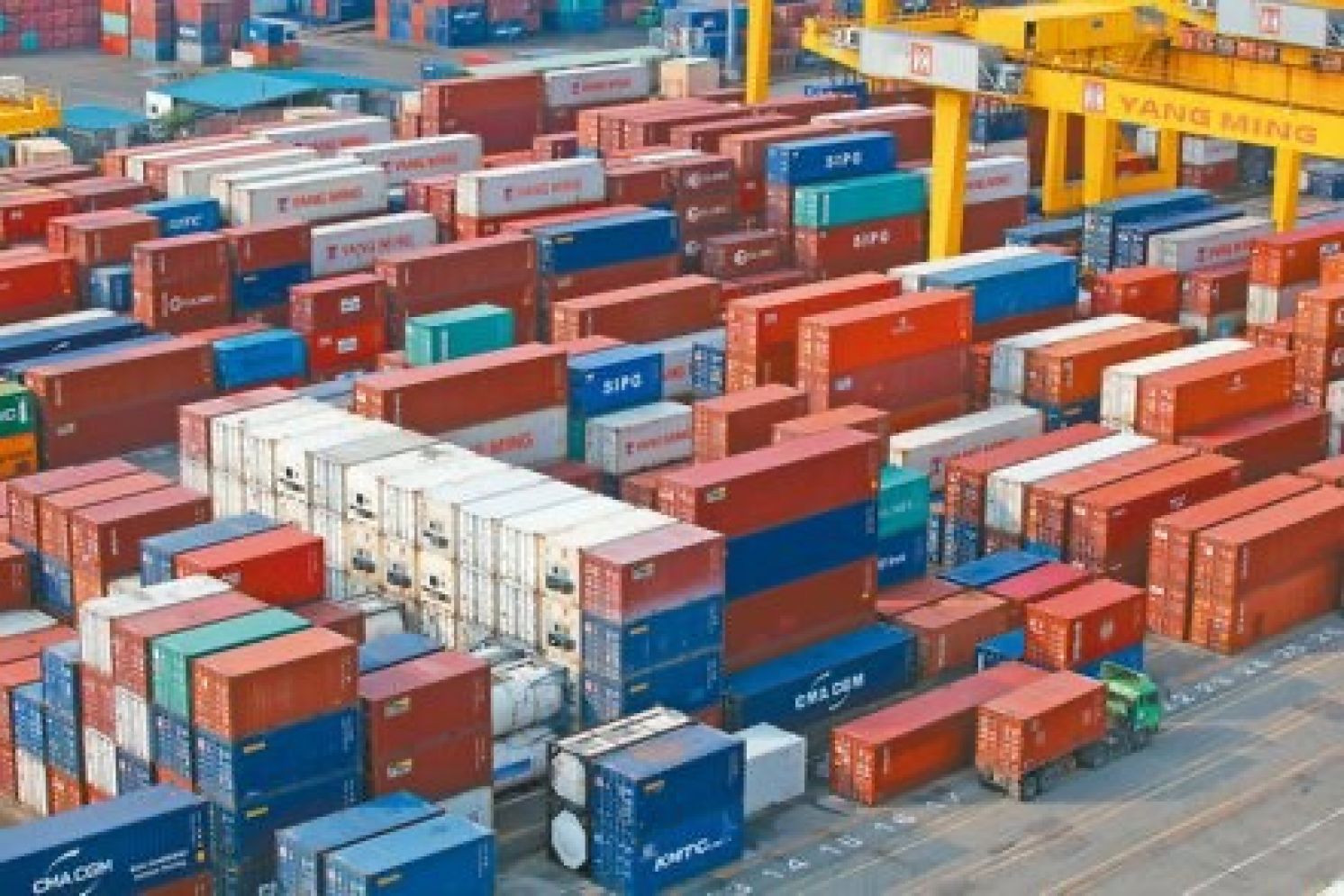
Mitigating Risks of Economic Blockade by the Chinese Communist Party
Economic Daily News Editorial, October 20, 2023
In April 2021, The Economist ran a cover story with the headline "The Most Dangerous Place on Earth" referring to Taiwan. Over the following two and a half years, major international media outlets and political-economic think tanks largely supported this perspective. With the eruption of the Russia-Ukraine conflict, this viewpoint gained even more prominence. The Taiwan Strait crisis has now become a global focal point. Leaders of key European and Asian countries have openly called for mitigating this immensely significant global risk.
However, most Taiwanese strategic experts contend that China is currently grappling with a serious internal consolidation phase. Key figures such as the Vice Chairman of the Central Military Commission, Minister of National Defense, and Minister of Foreign Affairs have maintained a low profile. In the short term, the likelihood of a military invasion of Taiwan is considered low.
According to the latest survey by the Taiwan Public Opinion Foundation, 42.8 percent believe that the United States will send troops to protect Taiwan if necessary. Consequently, Taiwanese society appears to be in a state of "business as usual," with minimal concerns about the threat of war. Nevertheless, national security experts point out that within the next four years, unless both objective and subjective conditions have been met, China will not resort to military aggression. Instead, they may attempt to disrupt Taiwan's economy by imposing maritime and airspace blockades, undermining public confidence, and triggering a crisis in the stock, currency, and housing markets, resulting in significant capital outflows.
According to assessments from domestic and international think tanks, there is a possibility of "military operations other than war" occurring across the Taiwan Strait before 2027. Such operations might involve actions like maritime and airspace blockades, resulting in the inability to import critical raw materials and export manufactured goods. Furthermore, it could include the malicious disruption of undersea cables, communication networks, power generation, and water supply infrastructure.
When critical raw materials cannot be imported, and the production of goods is halted, how long can Taiwan's economy endure?
This publication has previously suggested that the government's national security agencies take immediate necessary measures, including but not limited to attracting key raw material suppliers to establish production facilities in Taiwan, increasing the offshore production capacity of Taiwan's semiconductor foundries, releasing more public resources and incentives to stabilize public sentiment. Additionally, they should engage in negotiations with major domestic technology companies to compile a list of essential talents. If required, besides our military and law enforcement agencies, it might be necessary to request special protection and secure evacuation assistance from the United States to preserve Taiwan's post-crisis industrial recovery capabilities.
Private enterprises should also formulate short and medium-term contingency plans for essential clients, such as Apple, NVIDIA, AMD, Tesla, and others, to ensure uninterrupted supply. These companies, in turn, can exert pressure on the Chinese government to minimize the duration of Taiwan's blockade.
Taiwan's current economic development heavily relies on exports, foreign investments, and tourism revenue, given the limited domestic consumption market. However, until August of this year, Taiwan faced 11 consecutive months of declining exports, reaching a 14-year low. The number of international tourists visiting Taiwan, except for those from South Korea, remained well below industry expectations, with daily arrivals hitting new lows. This has failed to generate the anticipated synergies for domestic hospitality, catering, and retail services.
Amid concerns about potential risks in the Taiwan Strait, major international firms have advocated a "Taiwan+1" diversification strategy for their supply chains. Taiwan’s manufacturers, compelled to relocate, have established factories in countries such as Vietnam, India, Indonesia, and Thailand, dispersing manufacturing capacities. Consequently, this has resulted in a decrease in domestic production, exports, and employment - a triple whammy that poses the most significant economic threat to Taiwan's development.
In this critical period, Taiwan's society and economy are truly ill-equipped to bear the burden of war or the hidden risks of maritime and airspace blockades. Reinitiating cross-strait communication and dialogue to reduce the risk of mutual misjudgments is a pressing and unignorable duty for both the current and future governments. What we need isn't grandstanding or slogans but pragmatic actions that safeguard the safety and well-being of Taiwan's 23 million people. It is with this attitude that the central government should confront such a situation.
Economic development serves as the bedrock upon which all other essential aspects of a nation, such as diplomacy, domestic policies, education, healthcare, labor protection, social welfare, and defense infrastructure, depend. There is no alternative path. If cross-strait issues pose a key impediment to Taiwan's economic and social development, then we should approach this matter with great caution and a measured strategy. Otherwise, all other ideals and aspirations are nothing but impractical illusions.
Over the past eight years, cross-strait relations and trust have regressed, undeniably impacting Taiwan's economic development and industrial prospects. We hope that the next leader elected in the upcoming presidential elections will reevaluate the situation, chart a new course, and ameliorate the unfavorable relationship characterized by tension and mutual suspicion between the two sides of the Taiwan Strait. This should serve to minimize the likelihood of war in the Taiwan Strait and the threat of an economic blockade by Communist China. Such efforts would bring good fortune to the nation and its people.